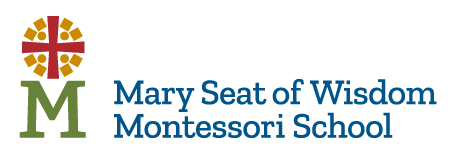Montessori Values
“When the child goes out, it is the world itself that offers itself to him. Let us take the child out to show him real things instead of making objects which represent ideas and closing them up.”
Maria Montessori
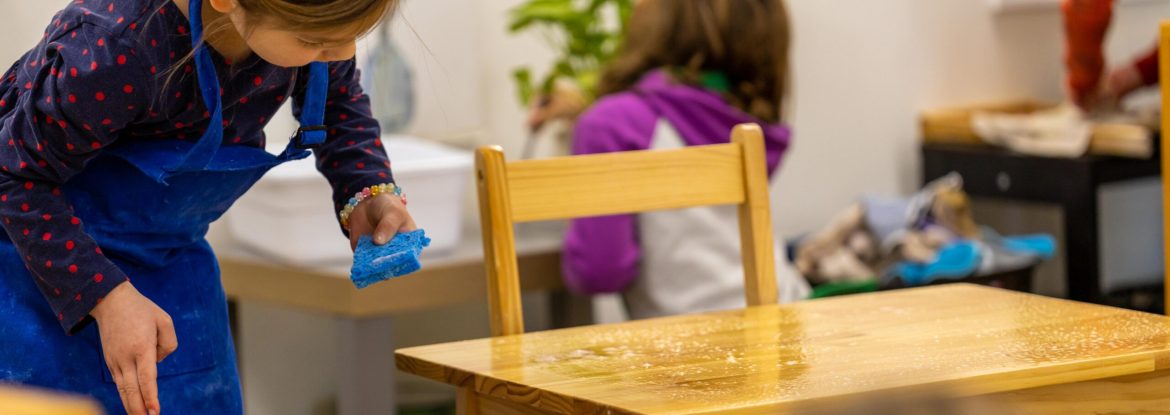
Authentically Catholic & Montessori
We educate the whole person.
The educational approach of Maria Montessori facilitates growth of the whole person – intellectually, emotionally, socially, spiritually, and physically.
Learning Naturally & Faithfully
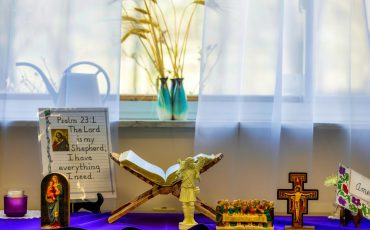
Our Classes
Our programs range from toddler to 9 years of age. Learn more about our program offerings, community and enrichment programs here.
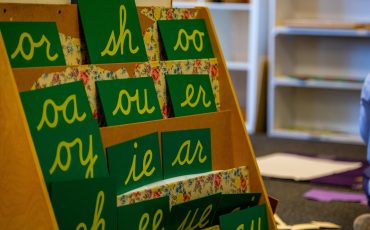
The Montessori Classroom
Each component of a Montessori classroom is ideally designed to create a “children’s house,” complete with everything a child needs for his or her independence at a scale appropriate for the child.
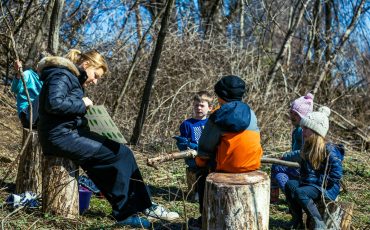
Authentically Catholic
The Atrium is part of the classroom where children fall ever more deeply in love with God, discovering the wonders of God and the beauty of the Catholic faith.
Montessori
FAQ
For children six and under, Montessori emphasizes learning through all five senses, not just through listening, watching, or reading. Children in Montessori classes learn at their own, individual pace and according to their own choice of activities from hundreds of possibilities. They are not required to sit and listen to a teacher talk to them as a group, but are engaged in individual or group activities of their own, with materials that have been introduced to them 1:1 by the teacher who knows what each child is ready to do. Learning is an exciting process of discovery, leading to concentration, motivation, self-discipline, and a love of learning.
Above age six children learn to do independent research, arrange field trips to gather information, interview specialists, create group presentation, dramas, art exhibits, musical productions, science projects, and so forth. There is no limit to what they create in this kind of intelligently guided freedom. There are no text books or adult-directed group lessons or daily schedule. There is great respect for the choices of the children, but they easily keep up with or surpass what they would be doing in a more traditional setting. There is no wasted time and children enjoy their work and study. The children ask each other for lessons and much of the learning comes from sharing and inspiring each other instead of competing with each other.
Multi age classrooms afford us the luxury of adapting the curriculum to the individual child. Each child can work at his or her own pace, while remaining in community with his or her peers. In addition, the multi age format allows all older children to be the leaders of the classroom community even those children who may be shy or quiet.
Yes; Montessori classrooms encourage deep learning of the concepts behind academic skills rather than rote practice of abstract techniques.
The different arrangement of a Montessori classroom mirrors the Montessori methods differences from traditional education. Rather than putting the teacher at the focal point of the class, with children dependent on her for information and activity, the classroom shows a literally child-centered approach. Children work at tables or on floor mats where they can spread out their materials, and the teacher circulates about the room, giving lessons or resolving issues as they arise.
